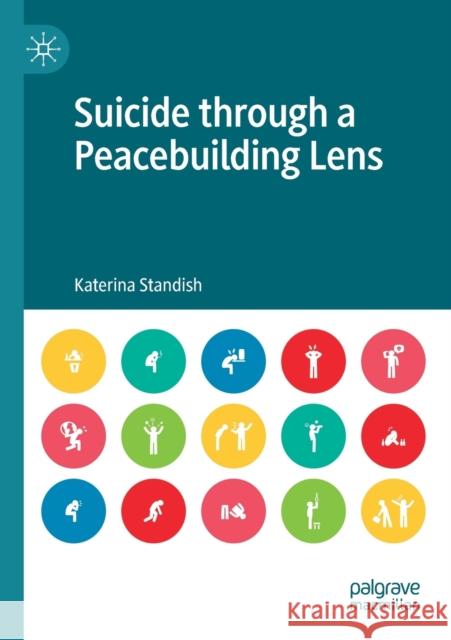Suicide Through a Peacebuilding Lens » książka
topmenu
Suicide Through a Peacebuilding Lens
ISBN-13: 9789811397394 / Angielski / Miękka / 2020 / 292 str.
Suicide Through a Peacebuilding Lens
ISBN-13: 9789811397394 / Angielski / Miękka / 2020 / 292 str.
cena 229,43
(netto: 218,50 VAT: 5%)
Najniższa cena z 30 dni: 219,73
(netto: 218,50 VAT: 5%)
Najniższa cena z 30 dni: 219,73
Termin realizacji zamówienia:
ok. 16-18 dni roboczych.
ok. 16-18 dni roboczych.
Darmowa dostawa!
Kategorie BISAC:
Wydawca:
Palgrave MacMillan
Język:
Angielski
ISBN-13:
9789811397394
Rok wydania:
2020
Wydanie:
2020
Ilość stron:
292
Waga:
0.42 kg
Wymiary:
21.01 x 14.81 x 1.85
Oprawa:
Miękka
Wolumenów:
01
Dodatkowe informacje:
Wydanie ilustrowane











